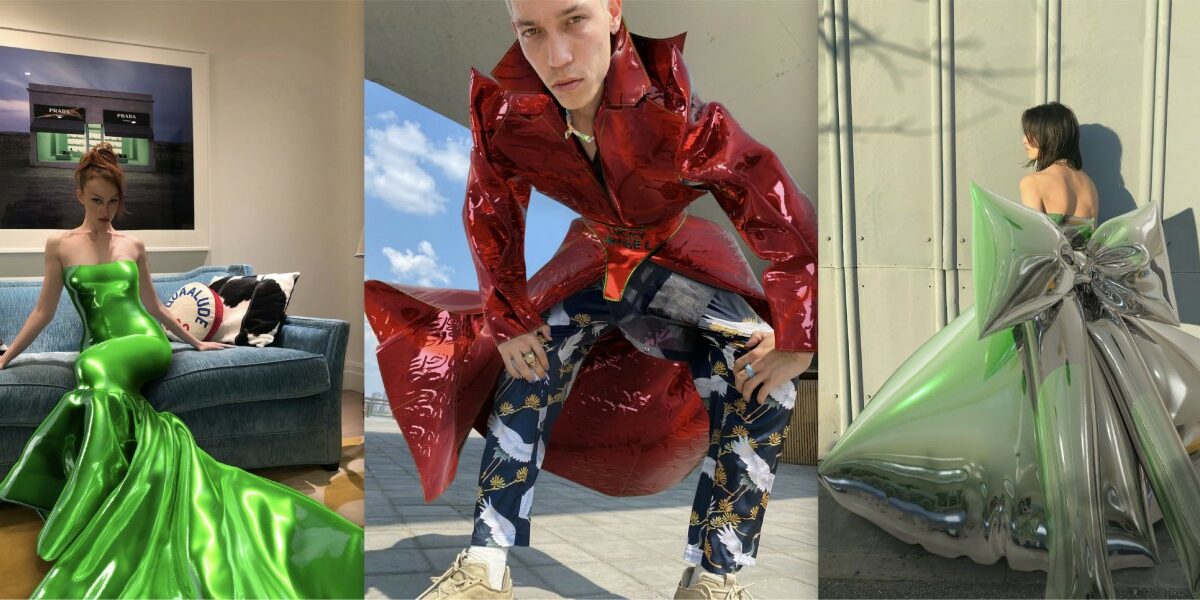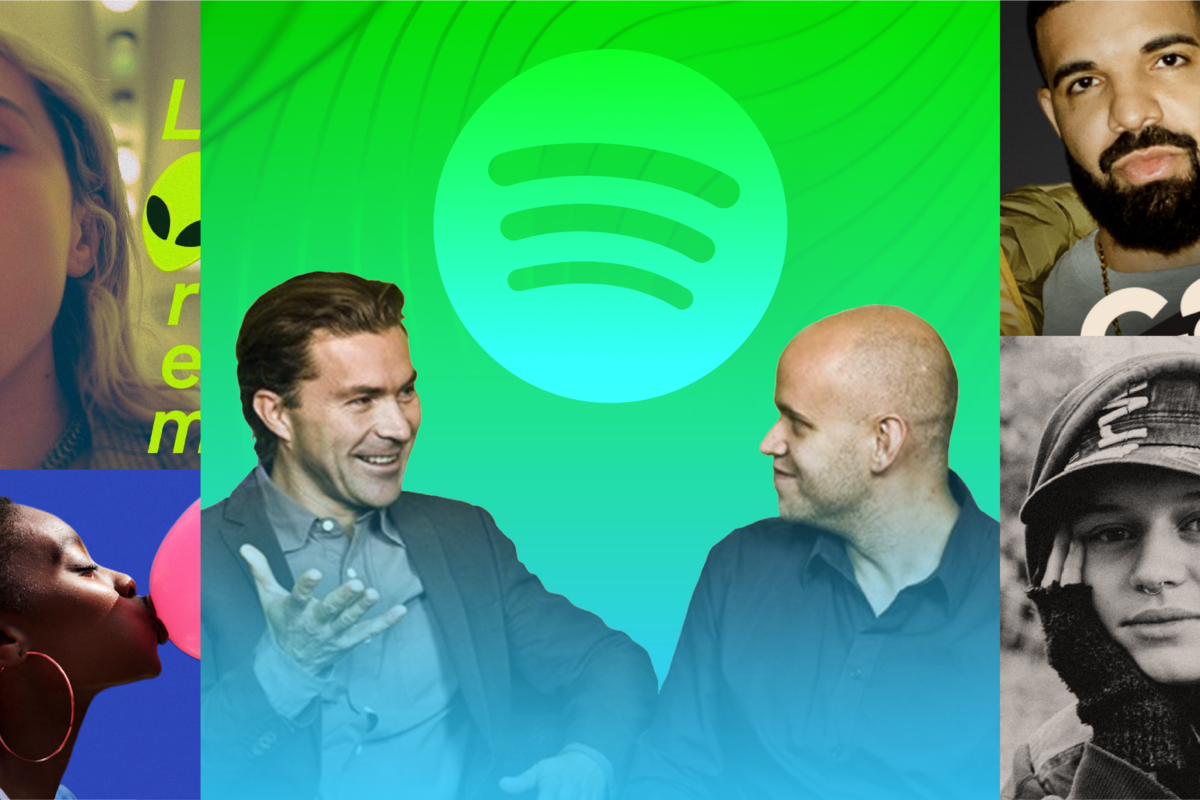Today is a big day for Facebook;.
Mark Zuckerberg is expected to announce its mooted re-brand, that will centre around a new metaverse-associated name, which everyone reckons will have the word “Horizon” in it 🤷🏼♂️ The tech behemoth will be hoping it can turn the page on a rough patch involving leaked documents and looming antitrust cases.
Whatever your personal stance on Facebook, its emphasis on the metaverse will accelerate the next – more immersive – form of the internet. Not just from its hiring an army of engineers (10,000) in Europe to work on the thing, but from the resulting attention the concept receives. The fact that Google searches for the word increased tenfold from 2020 to 2021 ought to tell us something.
About a month ago I wrote a piece outlining a few knowns and unknowns when it comes to the metaverse. Since then, OK COOL has been working on a slew of brand activations (you’ll see these soon in the wild), and it’s clear that the world of business and brands is on the verge of a new era in creativity. Here’s a couple of areas where it’s going to be pivotal in the coming months.

Products
The sudden rise in sales of virtual products and in-game purchases has put paid to the fact that people are only interested in things they can hold in their hands or hang in their wardrobes IRL. This point is proven by the NFT bonanza since March – the global market for these grew from roughly $10m annually a few years ago, to over $300m in March alone, according to venture capital firm, Andreessen Horowitz.
The fashion and luxury industry has been fast to act when it comes to making clothes for the metaverse. We’re about to see the emergence of direct-to-avatar capsule collections which are designed to be digital first. The Fabricant is a digital fashion house founded with the intention to show “the world that clothing does not need to be physical to exist”. It flipped a virtual dress for $9,500 back in 2019 and has collaborated with brands ranging from Tommy Hilfiger to Under Armour.
It shouldn’t surprise anyone anymore that people are willing to part with cash for virtual products. A study from Wunderman Thompson found that globally, consumers agree that a digital house is worth over $76,000, a piece of art is worth $9,000 and a designer handbag is worth $2,900.
Places
Designing environments is another frontier of the metaverse – and one where brands can make considerable impact. Last month I wrote about Mars House, the virtual mansion that sold for around $500,000. This story is indicative of a burgeoning real estate market about to pop off in the metaverse. Metaverse REIT is a new real estate investment trust which will sell you land and properties in Decentraland, Somnium Space, Crypto Voxels, Sandbox, Upland and “other commercially viable Metaverses”.
This opens a huge potential for brands. Last May, Gucci unveiled a virtual environment within Roblox called the Gucci Garden Experience. The place was a sprawling and enchanting maze of rooms, social spaces and garden-like features. Gamers could shop for digital products there.
Whether Facebook can shake off the bad press with a metaverse pivot remains to be seen, but with the world’s greatest minds piling in to invent a new (and right now, unimaginable) platform for creativity, brands that trade on newness and cultural capital need to show up here, stat.
The team at OK COOL has scoping, playing and trading in the metaverse for a hot minute, and we’ve seen some crazy stuff. What is the strangest thing you’ve seen here?


